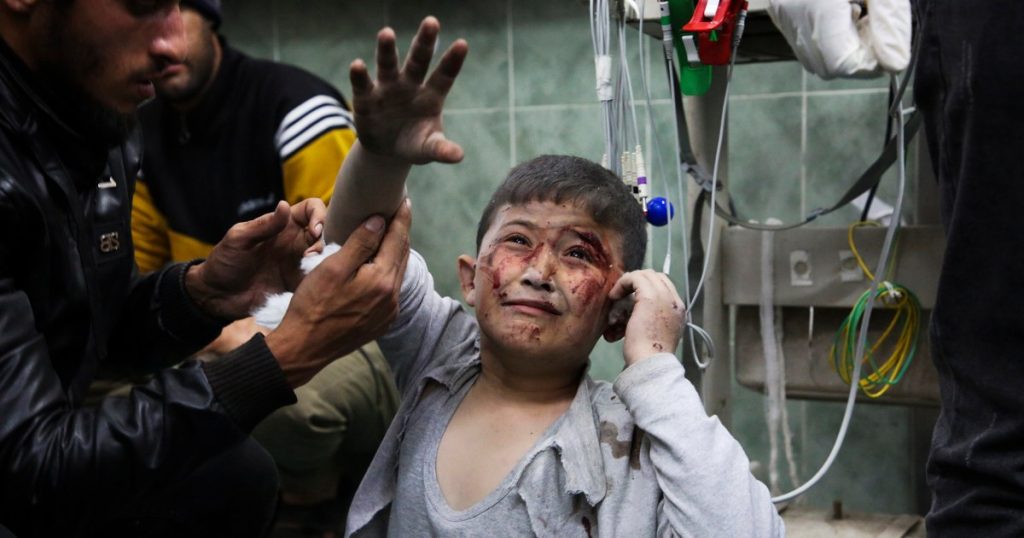Israel is currently assessing the chances of a cease-fire deal, with an official telling NBC News that the likelihood is currently at 50/50. Israel and the U.S. are awaiting a Hamas response to a proposal that was recently discussed in Qatar, with CIA Director William Burns attending the meetings. The official did not confirm reports that Israel had agreed to release 700 Palestinian prisoners in exchange for around 40 hostages, which would represent a change in Israel’s previous position of releasing 400 prisoners for the same number of hostages.
U.N. Secretary-General António Guterres emphasized the importance of a cease-fire during a visit to Jordan, stating that there is a growing international consensus on the need for a cessation of hostilities. Guterres warned against an Israeli assault on Rafah, cautioning that such an action could lead to a humanitarian disaster. He noted that there is increasing support from the international community, including the U.S., the European Union, and the Muslim world, for urging Israel to agree to a cease-fire and avoid further escalation of the conflict.
In the midst of the ongoing conflict, people in Rafah were seen breaking their fast during a mass Iftar for the Muslim holy month of Ramadan. Despite the violence and instability in the region, the tradition of breaking fast together continues in Gaza’s southernmost city. The image of people coming together to observe their religious practices serves as a reminder of the resilience and determination of the Palestinian people in the face of adversity.
As tensions escalate and calls for a cease-fire grow louder, the situation in the region remains precarious. The possibility of a humanitarian disaster looms large, with fears of a ground invasion of Rafah causing widespread devastation. The international community is closely monitoring the situation and urging all parties to work towards a peaceful resolution to the conflict in order to prevent further loss of life and suffering.
It is crucial for Israel and Hamas to engage in dialogue and reach a mutually agreeable solution that will bring an end to the violence and protect the civilian population. The involvement of key stakeholders, such as the United States and the United Nations, is essential in facilitating negotiations and ensuring that both parties adhere to any cease-fire agreements that may be reached. The coming days will be critical in determining the direction of the conflict and the prospects for a lasting peace in the region.
As the world watches the situation in the Middle East unfold, the urgent need for de-escalation and diplomacy becomes increasingly apparent. Both Israel and Hamas must prioritize the well-being of their people and recognize that a peaceful resolution is in the best interest of all involved. The international community stands ready to support efforts towards a cease-fire and a lasting peace, and it is imperative that all parties seize this opportunity to halt the cycle of violence and work towards a more stable and secure future for the region.


